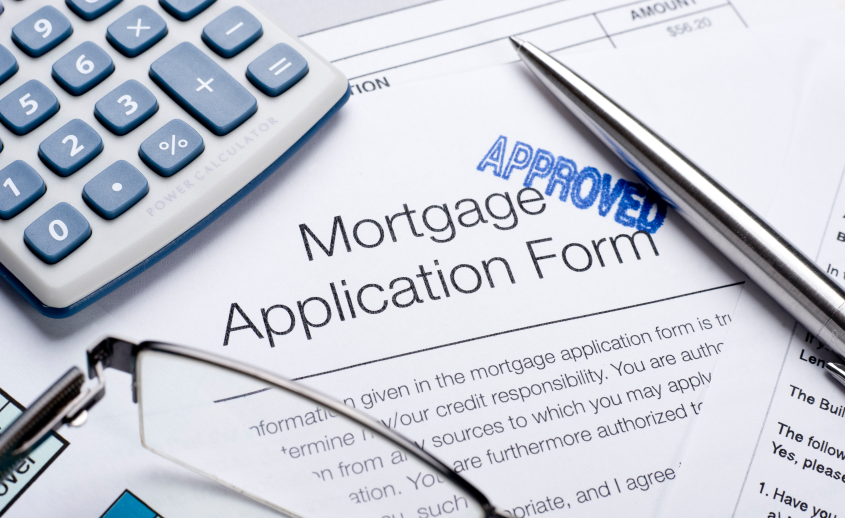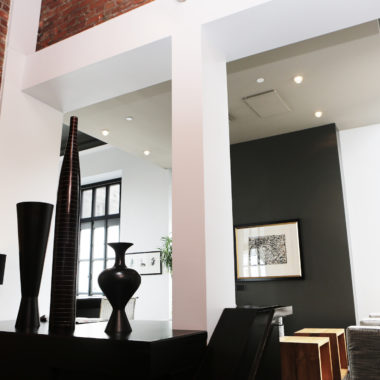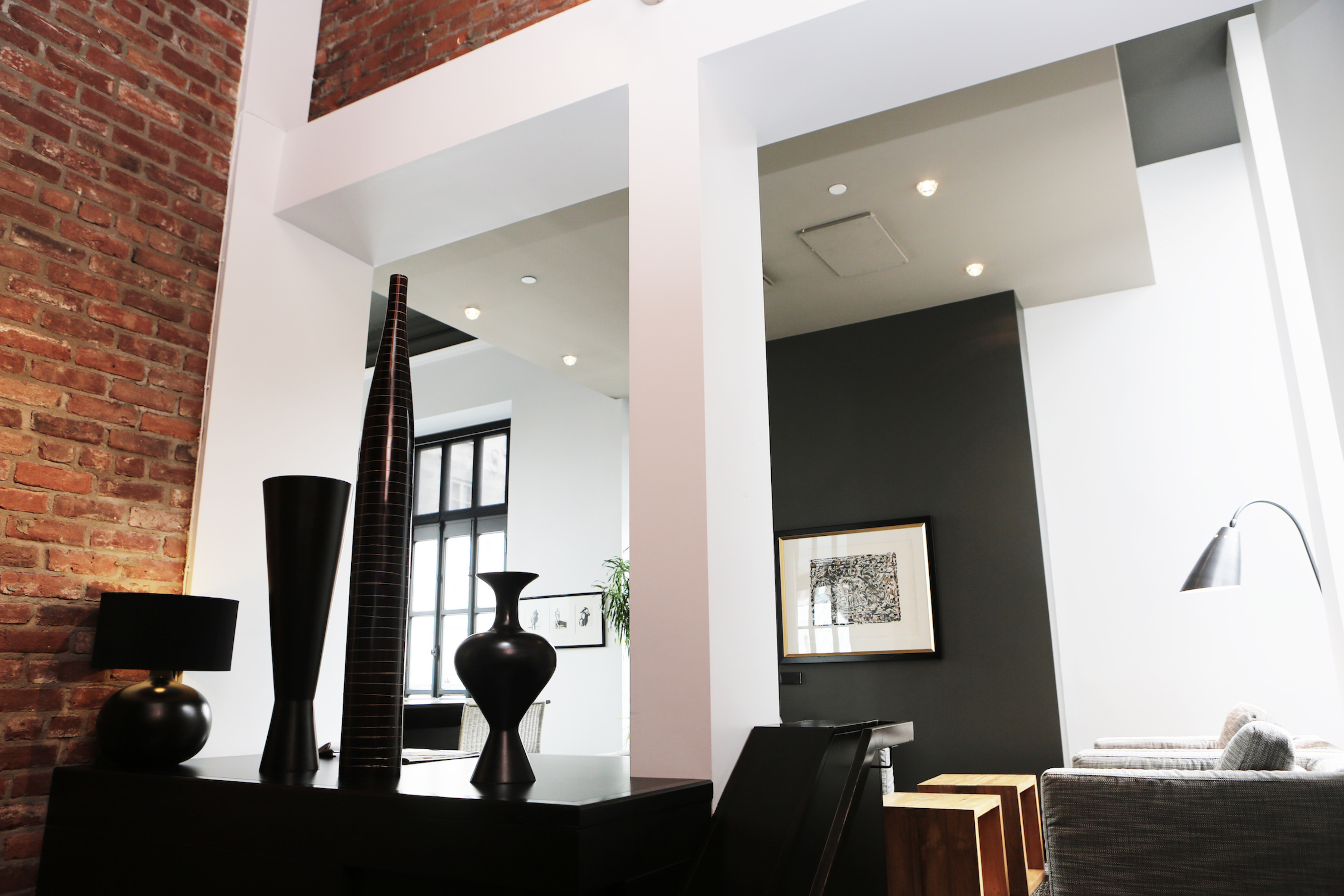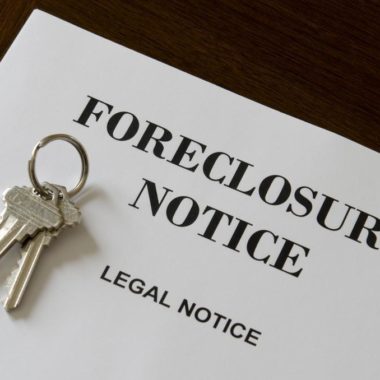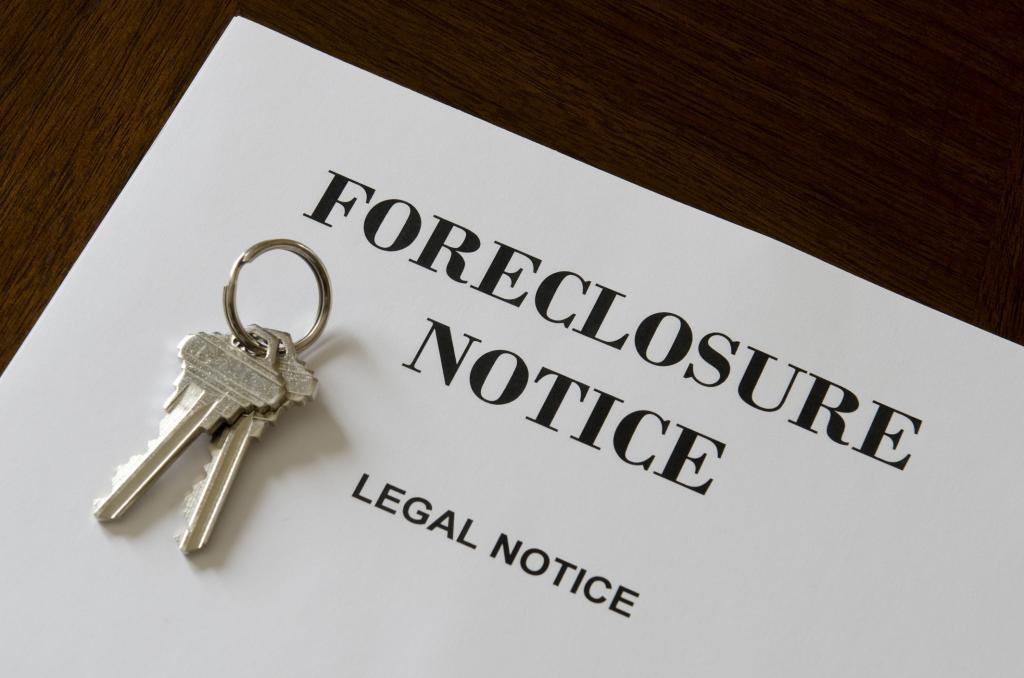WANT THE BEST PRICE FOR YOUR PROPERTY? HERE’S HOW.
If you want the best price, simply listing your home is not enough, not even in a seller’s market. You need to get everything right to make a successful closure, and feel secure and comfortable doing so. As they say, “Close enough is not good enough”, so follow these pointers to improve your chances.
Right Agent There are thousands of listing agents out there, but you need to find one, that’s just right for you. A “One-size fits all” approach does not usually work as a good buying agent may not be equally good at listing properties. Good selling agents must possess excellent local knowledge, have established sales histories and experts at marketing properties, whilst maintaining transparency for the entirety of your transaction. Strike the right balance in doing your homework and letting your agent do his. Once you have made an educated choice, let the agent manage the process and take a step back. Then there is the all-important commission, but remember, if your goal is to get the highest price it may be worth trading off the extra point in commission. Take into account, experience, expertise, track-record, specialization, market reputation and personal interaction, when choosing your agent.
Right Price Listing your property at the right price is key to a quick sale. Over-pricing runs the risk of longer than necessary delays as your property will most likely sit vacant while the cheaper houses sell. With lower than expected showings you may have to consider lowering the price, and the ball will be in the buyer’s court. If not, the listing could run to weeks or months before you have a showing, which is fine if you are willing to wait it out for the right buyer. Under-pricing can lead to a quick deal, but be prepared to trade off potential gains from genuine buyers. To keep buyers and real estate agents interested in your property, list at the right price from the get go, and take your agent’s expertise and experience into consideration.
Perfect Showing Put yourself in the buyer’s shoes because the impression you get is as close to what a potential buyer will get. Maintain the exterior (and interior) of the property for as long as it is on the market. Signs of neglect are sure to turn buyers away, and also reduce the perceived value of a property. A strong first impression is key to influencing buyers. Fully functioning lights, pleasant temperature, polished fittings and fixtures clean interiors, furniture (if part of your sale) clean toilets will signal genuine interest to buyers. Make every showing as if it were the last and the rewards will start to come in. If you can’t do it all yourself, enlist the help of a professional company specializing in staging and showing homes. Or your listing agents may be willing to do this for you, to enhance the overall impression and value of the property.
Negotiate Successful showings will result in multiple showings, or atleast they should. Depending on the urgency, you may be tempted to go for an early offer in the interests of a quick sale. Even if it is lower than your expected price, you may find yourself justifying the reduced margin in the interests of a speedy sale. Or maybe “Sales” is just not your cup of tea and protracted bargaining is not what you want to spend your time doing. But remember, even as buyers will always have their best interests in mind, they may be willing to up the ante for the right home. In this line of work, negotiations are common place and one is almost expected to work the price points. Don’t be unreasonable as buyers may move on to the next property, but also, don’t be shy to negotiate the highest price you can.
Right Offer The highest offer is always a strong motivator to sell, but wait! There is more to an offer than just price, because an offer that ultimately doesn’t close means you will have to re-start the process, without any guarantees. Buyers that were interested in your property a month ago, may no longer be around, or will already have moved to close another deal in the market. You want to make sure the final offer justifies the time and effort spent in reaching a closure in the easiest manner. And sometimes it may not be the highest offer.
Trust your gut feeling. Go through the financing, closing date and other details with your agent, including the pre-qualification letter, loan agreements (if there is a loan attached), contract and all other legal documents. Sometimes buyers will delay the down payment, create difficulties in submitting the final offer or ask for unreasonable contingencies – an indicator of difficulties the deal may present down the road. Whereas sometimes you know you are on a winner, just by meeting a potential seller who makes everything as easy as possible. Weigh up the offers. And make the right decision in trading off the highest offer with the easiest closure.
Trust the vibe and go make money!



